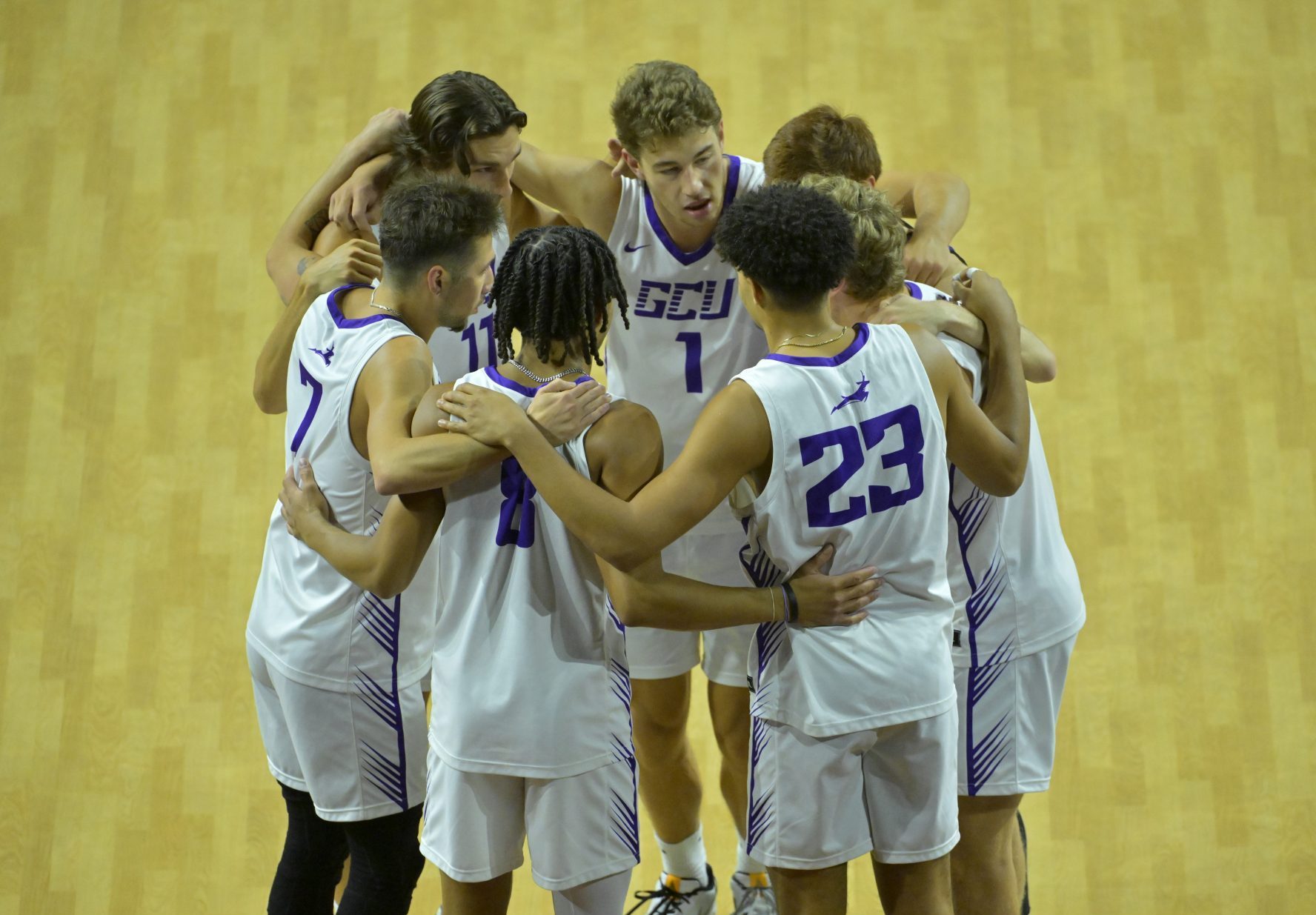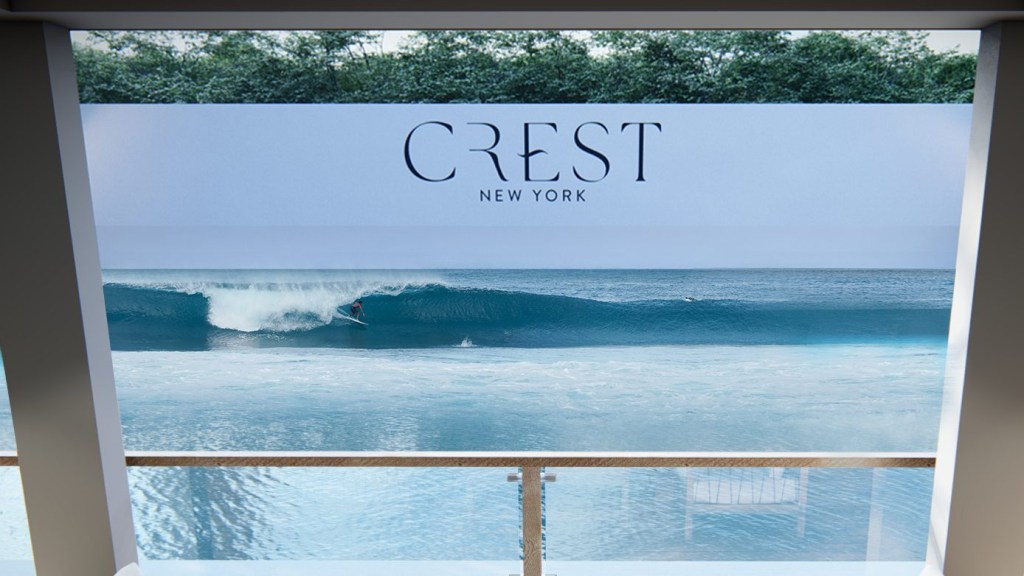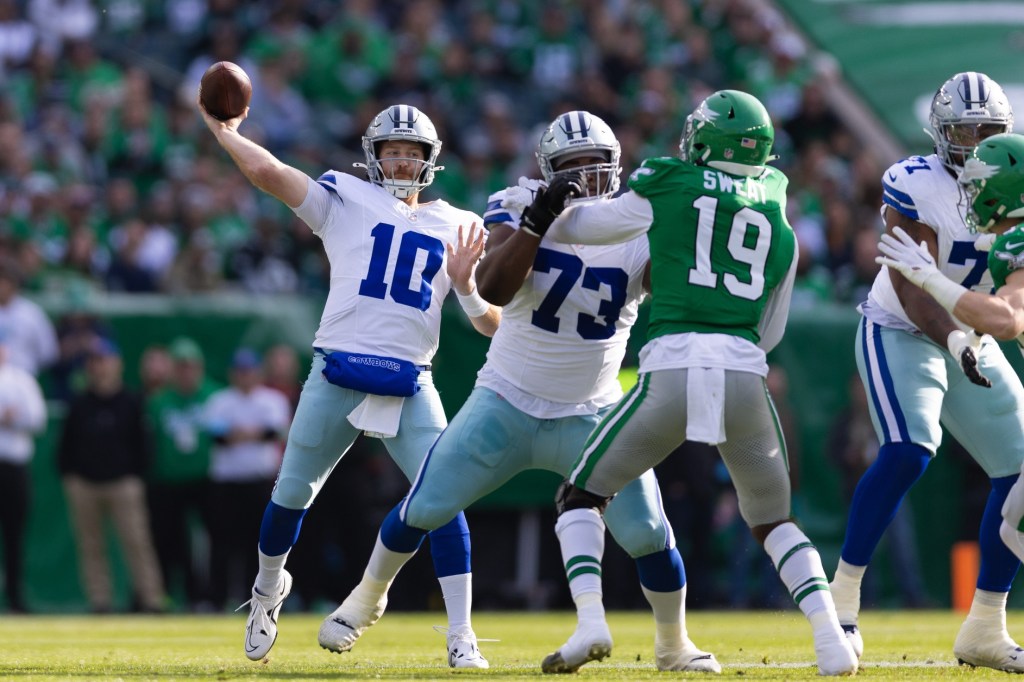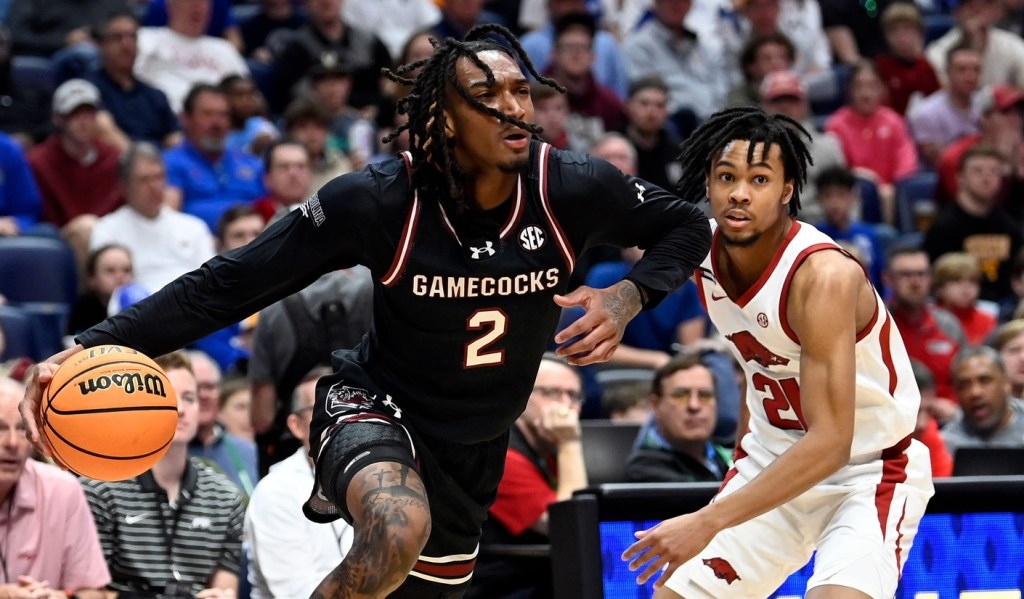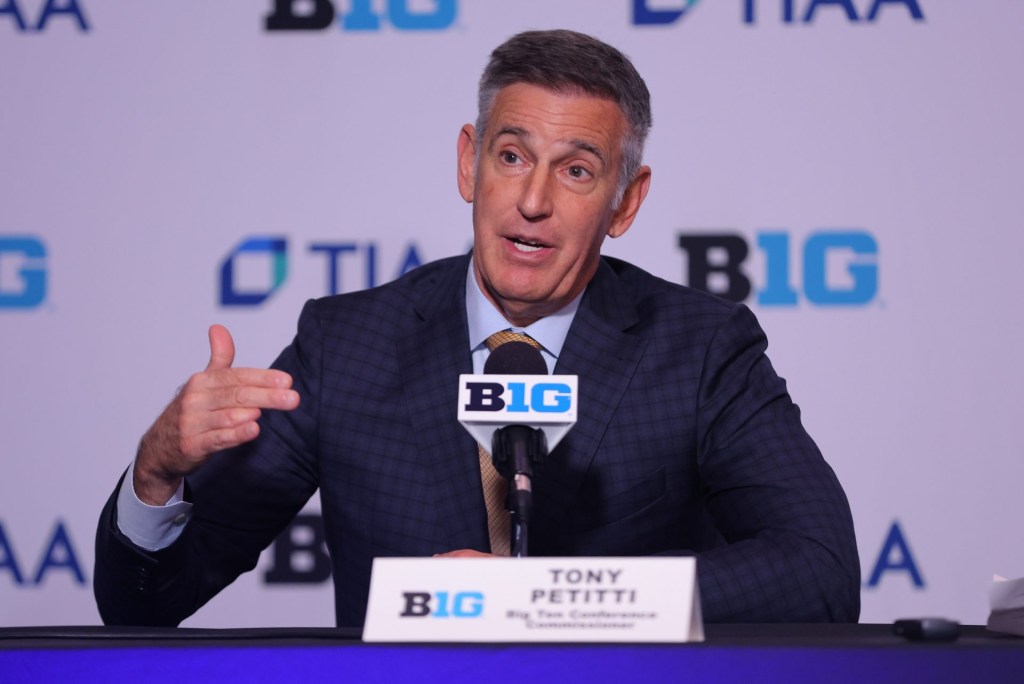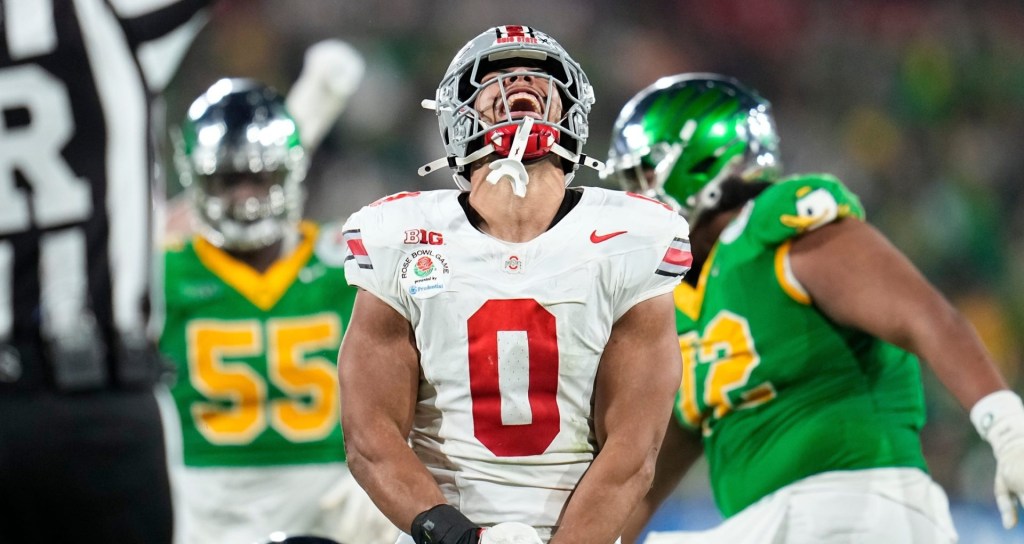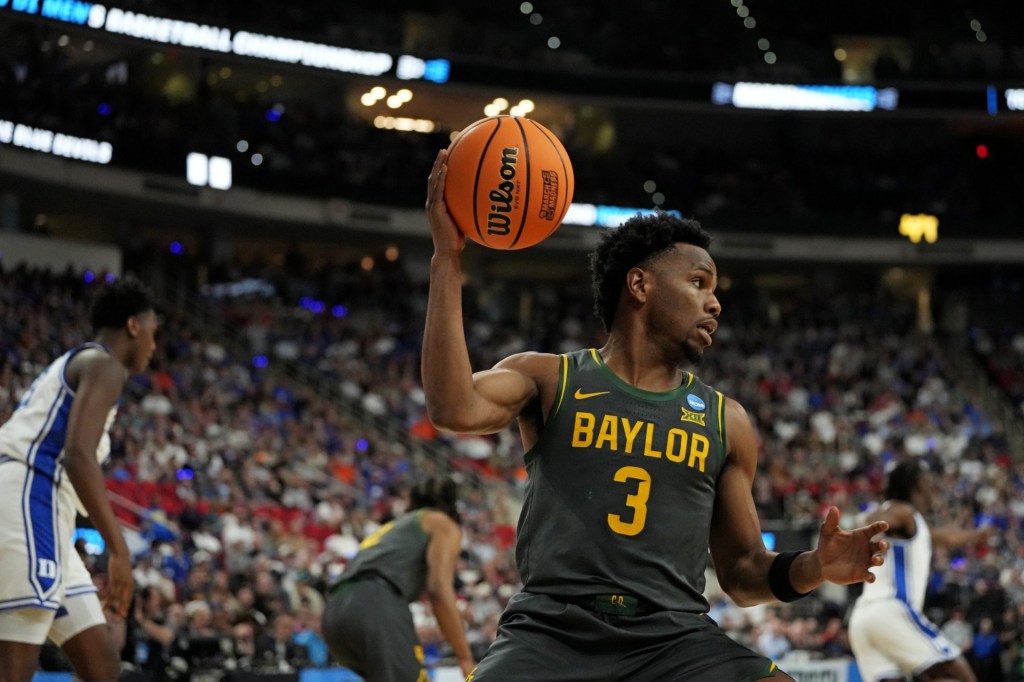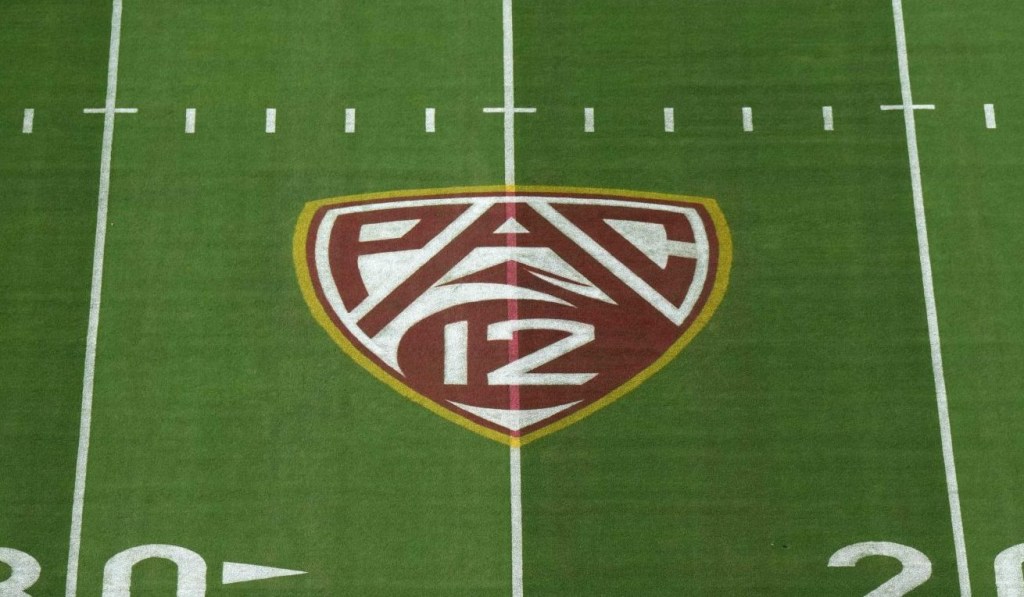Grand Canyon University boasted one of the nation’s most successful men’s volleyball teams, coming off a Final Four berth in 2024 as well as multiple coach and player accolades. But in a brief, optional meeting called for April 28, the Monday after their season ended, the entire team was abruptly told the program had been cut.
Coaches found out just minutes before the players in a separate meeting and were not allowed to join the player meeting. Players and coaches weren’t just devastated but also confused, they told Front Office Sports.
The team’s annual budget was modest, and changes to college sports, like revenue-sharing and conference realignment, weren’t anticipated to dramatically increase the team’s operating costs. What’s more, the program had established a monopoly on Division I men’s volleyball talent in Arizona, one of the hotbeds of the nation’s fastest-growing team sport.
On April 28, the university issued a four-paragraph public statement, which referenced “a rapidly evolving college athletics landscape,” and said “the move will allow GCU to focus on supporting its remaining 20 athletic programs at the highest levels in their respective conferences.” Administrators did not elaborate when asked by coaches and players.
The team appears to be one of the earliest Olympic sports casualties of the upcoming House v. NCAA settlement era, in which athletic departments use the settlement’s new compensation requirements (including sharing revenue with players) as justification to cease funding what they deem “non-revenue sports.” Cutting Olympic sports could have far-reaching consequences, as the NCAA represents one of the world’s strongest Olympic pipelines. GCU’s discontinuation suggests no program is safe.
The threat of sports cuts is “a very serious thing for these smaller programs on campuses, no matter how big or how good they are,” GCU junior men’s volleyball player Jaxon Herr tells FOS. “These universities nowadays only care about basketball and football. That’s their main priority.”
But GCU is also an example of how these teams, as well as their fan bases and surrounding sports communities, aren’t going down without a fight.
The GCU men’s volleyball team meeting was called just a few days before and described by an athletic department administrator as “optional,” as many players already had plans to leave campus for the summer.
Players said they lifted weights and ate breakfast together before heading to the meeting that, by all accounts, ended up being the most consequential one of their college careers.
Athletic director Jamie Boggs took just two questions from the players, they said, and then left them with the campus pastor. Herr said: “We were kind of sitting in the room twiddling our thumbs—and wondering what the hell just happened.” In a written statement to FOS, the university said athletic department officials stayed to answer all the players’ questions.

When the school simultaneously put out its statement, four incoming recruits and two players who had already returned home learned their fate on social media, players say. Herr notes two students were busy taking makeup final exams, and at least one other was listening to the meeting on FaceTime.
Players were left with life-altering choices: Stay at Grand Canyon and play club volleyball or hit the transfer portal. Recruits would have to scramble to find new homes before they even got to freshman orientation. They told FOS they felt blindsided and disrespected by Boggs and the GCU administration.
Boggs declined an interview request with FOS for this story.
Assistant coach Bryan Dell’Amico, who served as co-interim head coach, is concerned that Grand Canyon is one of the first schools to use a common justification for defunding Olympic sports, and that others could follow suit.
The first question the players asked: Why? Boggs told them there was “no good reason,” players say. The university clarified to FOS that Boggs meant there was no good reason to provide to the players at that time, and reiterated that the decision was motivated by changes in college sports (likely referencing the upcoming House v. NCAA settlement, which would allow D-I programs to pay players and offer unlimited scholarships, among other things). The university also said the reasoning included a move to a new conference, as well as the desire to direct resources to other teams and the fact that only a small number of programs sponsor varsity men’s volleyball.
But coaches and players noted those reasons didn’t make much sense to them. “If it is a money thing, I don’t understand how it relates to us,” Herr says. “If it is a conference thing, I don’t understand how it relates to ours.” Freshman Connor Oldani agreed the financial justification didn’t make sense.
In reality, conference realignment wouldn’t have impacted men’s volleyball at all. The school is moving from the Western Athletic Conference to the Mountain West—neither of which sponsors men’s volleyball—but the team competes in the Mountain Pacific Sports Federation, which provides a home for myriad high-level Olympic sports teams including power conference programs. That wouldn’t have changed.
The financial picture makes the decision more questionable: The team’s 2025 budget was only $300,000, Dell’Amico said—a fraction of the $30 million in revenue the program reported to the Department of Education in 2024. The team contributed major revenue of its own, drawing the second-highest attendance of any sport at GCU behind men’s basketball, Dell’Amico says. This year, the Antelopes drew 2,500 for a USC match, selling tickets for $10 a piece—generating a quick $25,000. For BYU, they upped the price to $15 apiece.
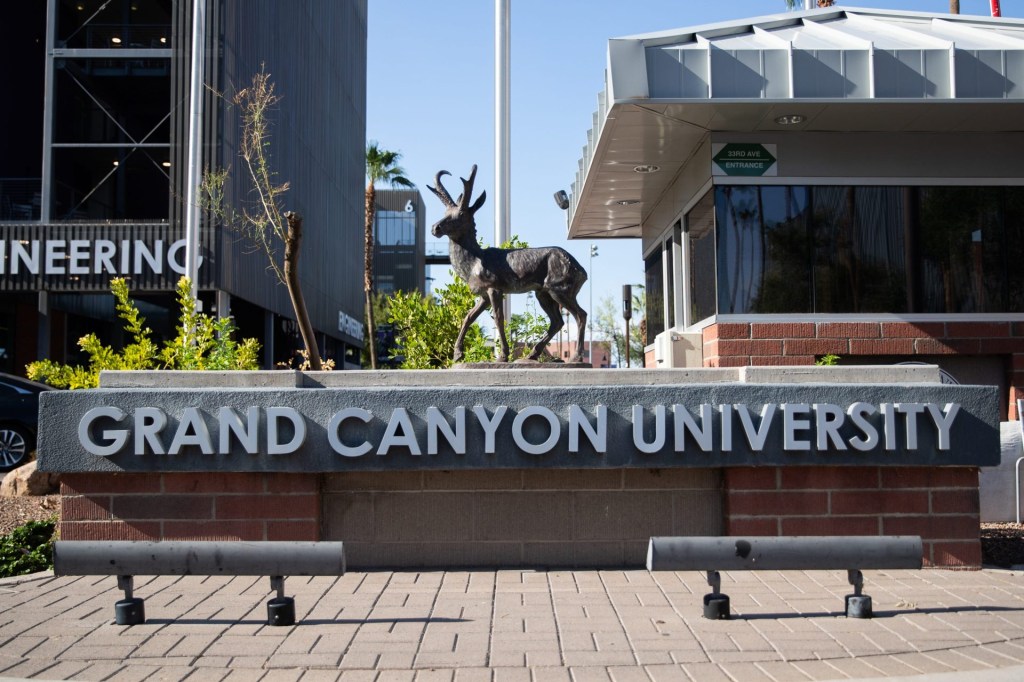
The House v. NCAA settlement will undoubtedly raise costs for D-I schools—though likely would not have for GCU men’s volleyball. But Dell’Amico said he was told the team wouldn’t be receiving any of the extra resources the settlement allows, whether through revenue-sharing dollars or extra scholarships. (In fact, because the team offered only 4.5 scholarships, the vast majority of players on the team were paying their own way through GCU, effectively saving the university money, Dell’Amico notes.)
But by all accounts, GCU was in a good financial position, even by its own admission. In March, the school announced it would participate in the settlement, boasting the school’s “successful financial model,” and listed half a dozen revenue streams to fund House settlement payments. The athletic department is also expected to earn more money when it joins the Mountain West, a more lucrative conference, in 2026. (GCU men’s volleyball was slated to stay in the MPSF.)
Says Dell’Amico: “Why would you do this to these kids when it’s literally pennies for them?”
Members of the greater volleyball community, especially those in Arizona—one of the sport’s hotbeds—are putting up a fight with a social media campaign that includes a Change.org petition, a GoFundMe, and an Instagram account called “saveGCUmvb.” Multiple local-media outlets have covered the team’s story, prompting the athletic department officials to ask Dell’Amico about the “narrative” that players and coaches have offered to the media, he says. Meanwhile, the petition has garnered more than 20,000 signatures.
“I think it’s so cool that we have so many people that are supporting us,” Herr says.
Players could have other recourse: There have been rumors of a lawsuit, though nothing has been filed to date. Litigation was, in fact, a successful tactic for many Olympic sports programs that got cut during the COVID-19 pandemic, when athletic departments claimed budget shortfalls made it impossible to fund their sports. Several were filed as Title IX—or gender equity—lawsuits, and in many cases men’s sports teams were reinstated alongside the women’s sports teams who sued to get their teams back. (Grand Canyon is still fielding a women’s volleyball team.)
For now, however, most of them are entering the transfer portal, and coaches are hunting for new jobs. “At this point, we’ve all kind of realized that the program isn’t coming back,” Oldani says, adding he isn’t sure any of the players would want to play for GCU after the way they’ve been treated.
Either way, the GCU situation shows that threats to cut Olympic sports teams—especially because of changes to the college sports business model—may be met with more pushback than administrators ever anticipated.
